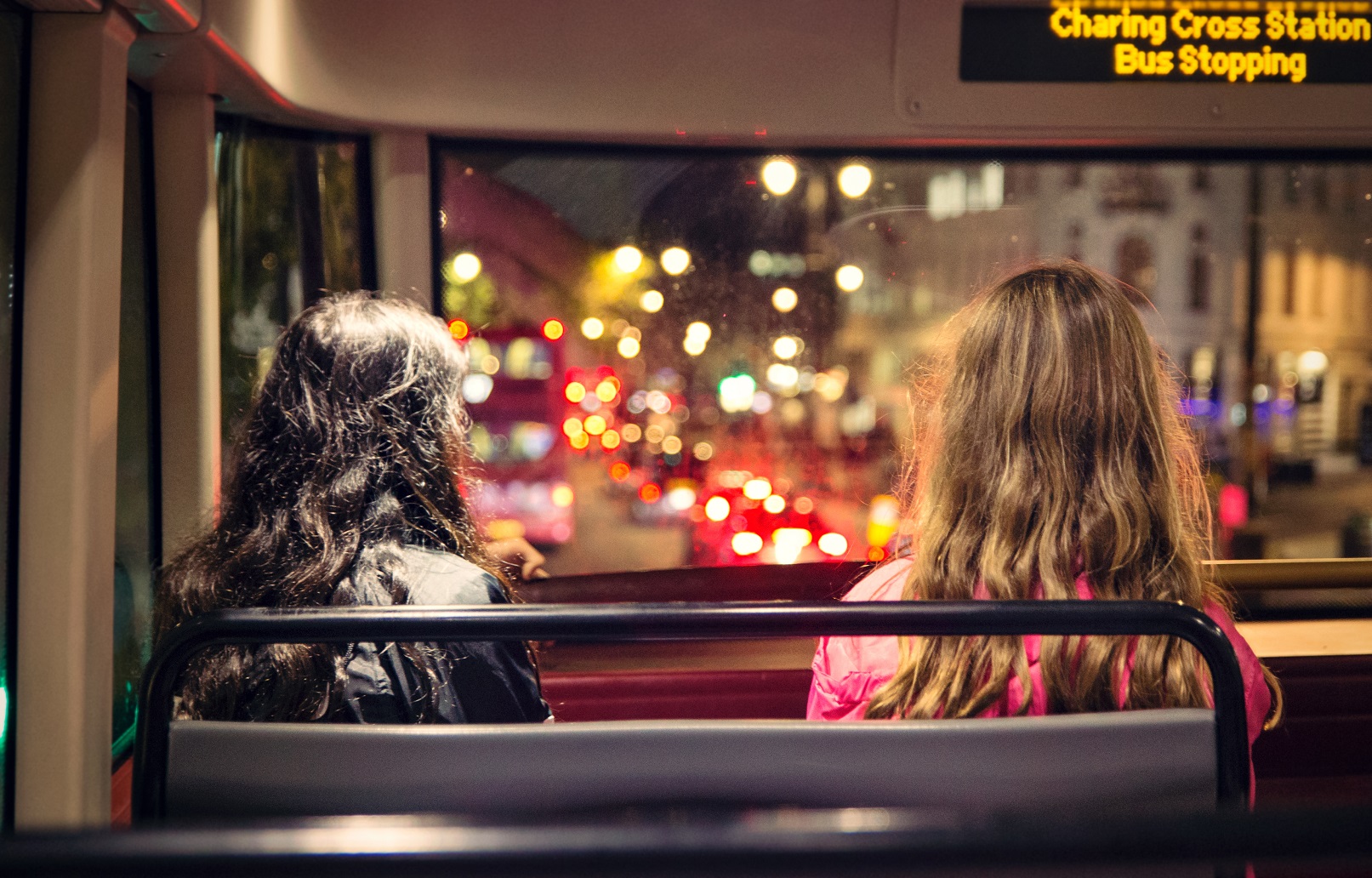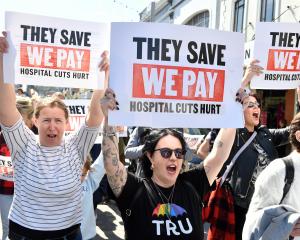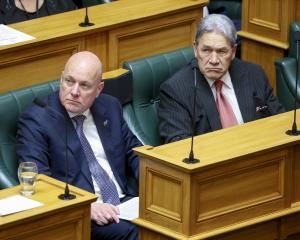

Fat, frumpy, never part of the in-crowd. Easily embarrassed, particularly in the company of men. Prone to silly infatuations. Ridiculously self-conscious. (On a busy Wellington bus, I might travel way beyond my stop because I feared leaning over someone to pull the cord would draw attention to me. Crazily, I saw that as worse than the risk of being pulled up and charged extra for going further than the distance I’d paid for.) Interested in politics. Idealistic. Optimistic. Straddling that strange time between school and the adult world.
Half of that year was spent in the sixth form at boarding school, the other half at polytech doing my journalism training and living at the YWCA. Sometimes I went to parties and walked around Wellington streets late at night. I never felt in danger from that.
I earned money, first as an incompetent raspberry picker, and then as an office cleaner. (Regular readers may recall I spent some of the time I should have been cleaning waging a subversive war over the office pin-up pictures.)
In that half-year I was still at school, I took part in a Vietnam War protest. My recollection is some pupils successfully sought permission to participate, but I didn’t. Since we seniors were allowed to go to town in mufti on Friday evenings anyway, I thought the headmistress would never know I was there. My heart skipped a few beats when I featured in a Nelson Photo News protest picture, but nothing was ever said.
In the photo I look suitably serious, wearing my favourite garment, a brown suede-look maxi-coat, walking beside the similarly earnest Old School Mate from Feilding. I am carrying a large banner, supplied by the protest organisers, depicting a cross saying 2,000,000 dead.
Despite my social ineptitude, would I have been capable of weighing up political arguments and voting in local or general elections at that age? Yes.
I did not have that opportunity, even though there was an election in 1972 when I was 17. The voting age then was 20, having been dropped from 21 in 1969. It would not change to 18 until 1974. I was out of the country by then. My first votes were in Australian elections in the good old days when New Zealanders did not need a passport to enter that country and the Australians were better at sharing the love.
Now we have the opportunity to properly consider whether we should give today’s 16-year-olds the vote, thanks to the Government’s response to the declaration of the Supreme Court that the current voting age is inconsistent with the New Zealand Bill of Rights Act 1990, the discourse has been disappointing.
Ask people what is wrong with 16-year-olds voting and they tell you the teenagers could be too easily manipulated. Hello. Does that mean older people could not? Our political parties have been wasting a lot of money on advertising if that’s the case.
If that is a real concern, why not insist any age change goes hand-in-hand with long overdue beefed-up civics education which covers being wise to the ways of political manipulation. Teenagers might be more likely to pay attention to the whys and wherefores of voting if they might soon have the possibility of putting that knowledge into action. We know starting young is more likely to produce lifelong voters.
Those who jump to conclusions about how poorly 16- and 17-year-olds might make voting decisions do not subject the current voting population to such judgement.
Opponents smugly slap down what they seem to consider their trump card: if 16- and 17-year-olds are considered capable of voting then they should all be treated as adults within the justice system. This overlooks studies which say teens develop the ability to make decisions in situations absent of high levels of emotion, such as voting, earlier than they do for emotionally-charged situations (including alcohol consumption and criminal behaviour). My odd bus behaviour illustrated that.
Not every teenager will be interested in voting and aware of the issues of the day, but plenty will be. Think of the thousands of teenagers who have taken part in climate change action protests. Or is it convenient to dismiss them as kids desperate to wag school?
Perhaps the real worry for opponents is that younger voters will show up the pig’s ear successive governments have made of caring about the environment and their future.
I find it hard to see how giving these young people the vote runs the risk of anything apart from increasing participation in our democracy. Has it caused mayhem when introduced elsewhere?
Sorry, I’m blithering now. My faculties aren’t what they used to be.
Let’s get on with it. As the old saying goes, we have nothing to fear but fear itself.
- Elspeth McLean is a Dunedin writer.












